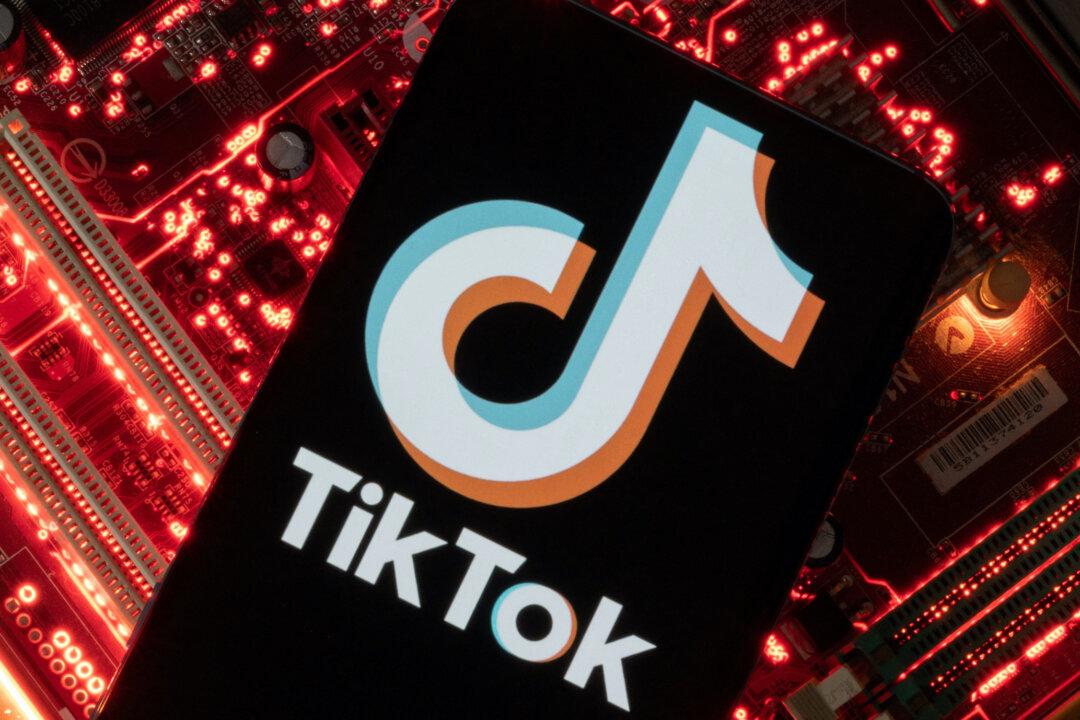The head of the U.S. National Security Agency’s cybersecurity division said that the Chinese-owned application TikTok is China’s “trojan horse” and poses a long-term security threat to Americans, according to Bloomberg.
Instead of only looking at the direct threat of TikTok’s manipulated content, Rob Joyce said that the U.S. government should monitor TikTok’s China-based parent company ByteDance Ltd. to avoid a security incident “five, 10, or 20” years in the future.”





